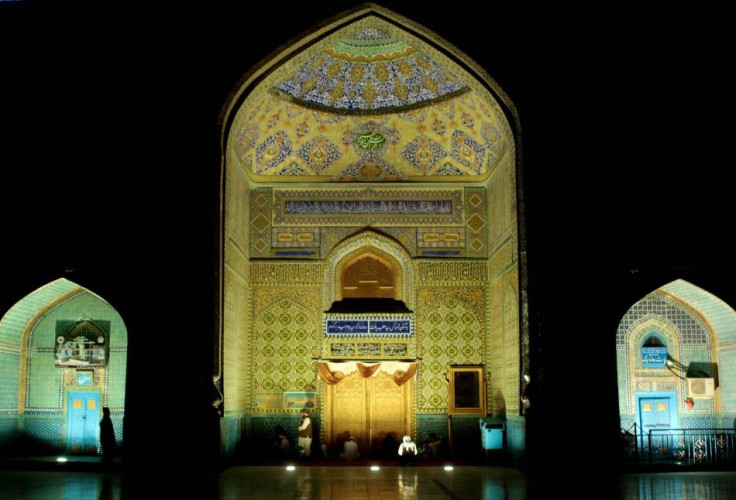Ramadan 2014: Five Reasons Why Fasting is Cool Even for Non-Believers

Muslims all over the world fast during the entire month of Ramadan. They finish eating and drinking before sunrise and break their fast only after the sun sets. While there are several religious benefits preached in Islam for fasting during Ramadan, there are non-believers who ignore fasting during this month as they believe it is "old-fashioned." Even if you do not follow Islam or any religion at all, here are some "cool" reasons why you still should fast.
Detoxification
In addition to the spiritual cleansing process, fasting during Ramadan provides a great opportunity to detoxify your body. As you give your digestive system a chance to improve itself, the toxic elements in the body gets cleaned. The body gets a chance to burn the fat, a process you may not have allowed due to overconsumption of carbs and sugar.
Protecting Your Heart
Here is an interesting fact which relates fasting with your cardiac health. A 2008 study in Utah revealed that people who fast regularly have a lower risk of suffering from a heart disease. Another study in 2014 revealed that fasting improves the metabolism and lowers the cholesterol levels. This is legitimate evidence that fasting protects your heart.
More Power to Your Brain
A group of U.S. scientists discovered that fasting during Ramadan increases the neurotrophic factor in the brain. This process allows the production of greater number of brain cells. On the other hand, fasting during this month also reduces the amount of cortisol hormone produced. It reduces the stress levels and subsequently energises your brain.
Strength to Your Immunity
Fasting during Ramadan boosts the metabolism, which means that you are able to absorb more nutrients from what you eat. When you fast during the entire day and eat late at night, it increases adiponectin hormone which lets your muscles absorb more nutrients. That is how you are able to benefit more from the same food and strengthen your immunity.
And finally,
Weight Loss
When you follow a crash diet for weight loss and then get back to your "normal" diet, you tend to feel hungrier. The long duration of Ramadan allows your body to get used to the restricted diet you are on. On a more technical level, your stomach shrinks and needs less food to make you feel "full." You are more likely to be able to continue a restricted diet for weight loss for a much longer time. Ramadan gives you the chance to diet "like a Pro."
Contact the writer: s.mukhopadhyay@ibtimes.com.au





















